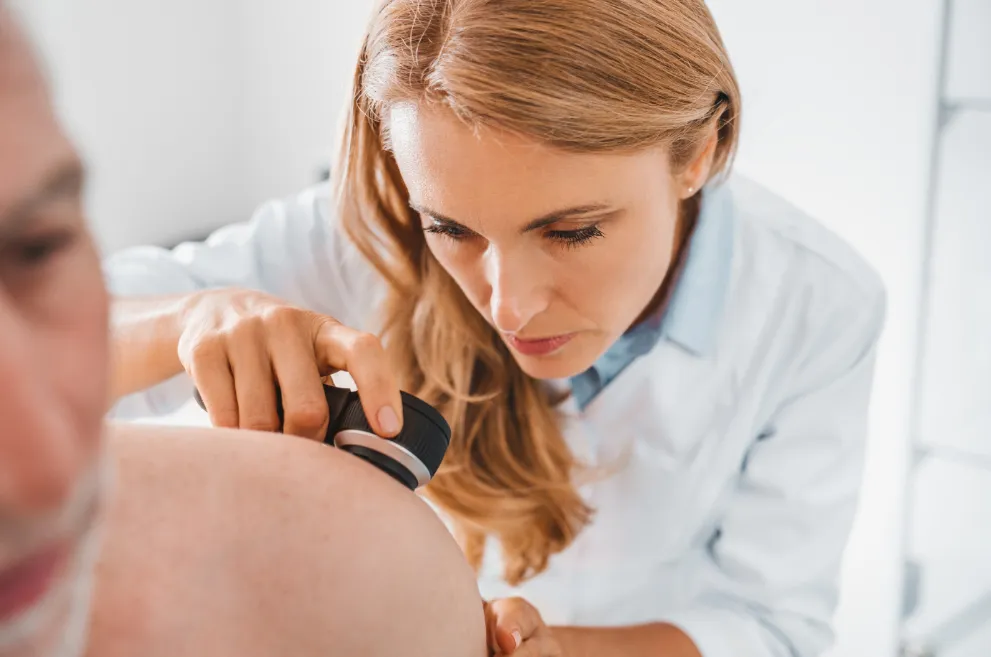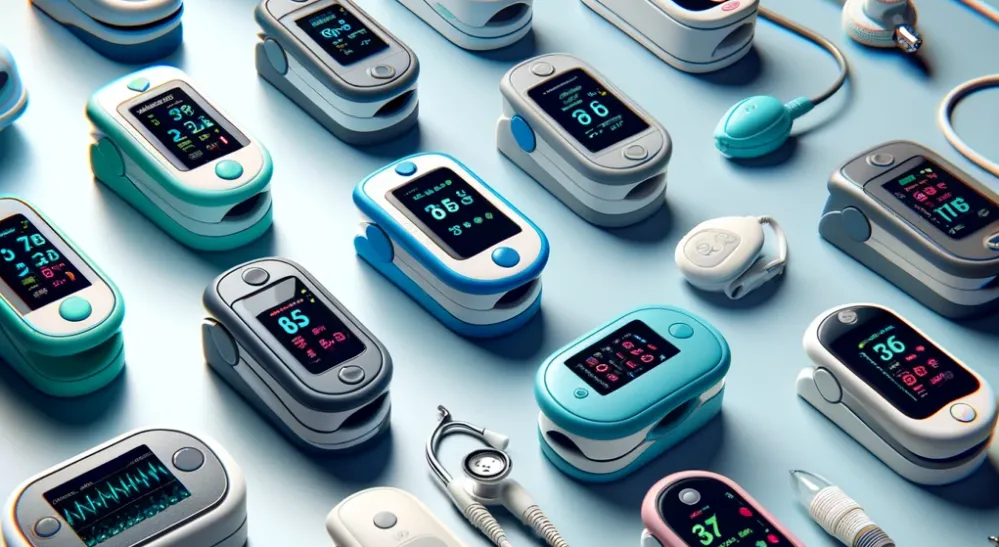Written and medically reviewed by Dorcas Morak, PharmD
Cancer ranks as the second leading cause of death in the United States, underscoring its significance as a major health concern. This highlights the crucial role of cancer screening in identifying the disease at an early stage. When it comes to skin cancer, a screening involves a thorough examination of all areas of the skin to identify any signs of the disease. The best part is that these signs can be observed visually without the need for specialized tools.You have two options for skin cancer screening: you can either seek assistance from a healthcare professional or perform a self-examination. During the screening, you or your healthcare provider carefully inspect your skin, paying close attention to moles or other areas that exhibit unusual color, size, shape, or texture. If any skin area appears abnormal, further tests may be required to determine if it is cancerous.
The most common types of skin cancer are basal cell and squamous cell cancers, which typically do not spread to other parts of the body and can be effectively treated. However, melanoma, a less common but more severe form of skin cancer, has the potential to spread to nearby tissues and other body parts, making it harder to cure and potentially fatal. Detecting melanoma in its early stages, when it is still confined to the top layer of the skin, significantly increases the chances of successful treatment. Early intervention plays a crucial role in reducing the risk of fatality.
What is the purpose of skin cancer screening?
A skin cancer screening aims to identify indications of skin cancer rather than providing a definitive diagnosis. If you notice signs of skin cancer during a screening, a subsequent skin biopsy may be recommended to confirm the presence of cancer.
When do you need a skin cancer screening?
Medical professionals recommend performing regular self-examinations of the skin starting at the age of 18 because skin cancer is prevalent and can affect individuals of all skin tones. Depending on your circumstances, you may need to undergo a skin cancer screening with a healthcare provider or a dermatologist. Factors that increase the need for screening include discovering a suspicious skin area during self-examination, having a history of skin cancer, or having an elevated risk due to factors like sun exposure, specific physical characteristics, previous medical treatments, weakened immune system, or a family history of melanoma or unusual moles.
What happens during a skin cancer screening?
During a self-examination for skin cancer, carefully inspect your skin for various signs such as changes in the size, shape, or color of moles or spots, oozing, bleeding, scaly or crusty areas, painful moles, non-healing sores, and shiny pink, red, pearly white, or translucent bumps. You can also utilize the "ABCDEs" method to assess moles or spots for asymmetry, irregular borders, uneven color, large diameter, and any evolving changes over time. Use a well-lit room, a full-length mirror, and a handheld mirror to conduct a thorough head-to-toe self-exam.
During a skin cancer screening conducted by a healthcare provider, you will disrobe and wear a gown. The provider will perform a comprehensive examination, including the scalp, behind the ears, fingers, buttocks, and feet. They may use a specialized magnifying glass with a light to examine specific moles or spots in greater detail. The screening process typically lasts around 10 to 15 minutes.
What do the results mean?
If you notice a concerning mole or spot on your skin, it is crucial to inform your healthcare provider, as they may recommend a skin biopsy to determine whether it is cancerous. A biopsy involves the removal of a small skin sample for microscopic examination to detect cancer cells. Not all suspicious spots indicate skin cancer, so if a skin cancer diagnosis is confirmed, your provider will discuss available treatment options with you.
Skin cancer is a significant health issue, and early detection and treatment greatly increase the chances of a positive outcome. Regular screenings are vital for early intervention and an improved prognosis. Remember, early detection can save lives.
















